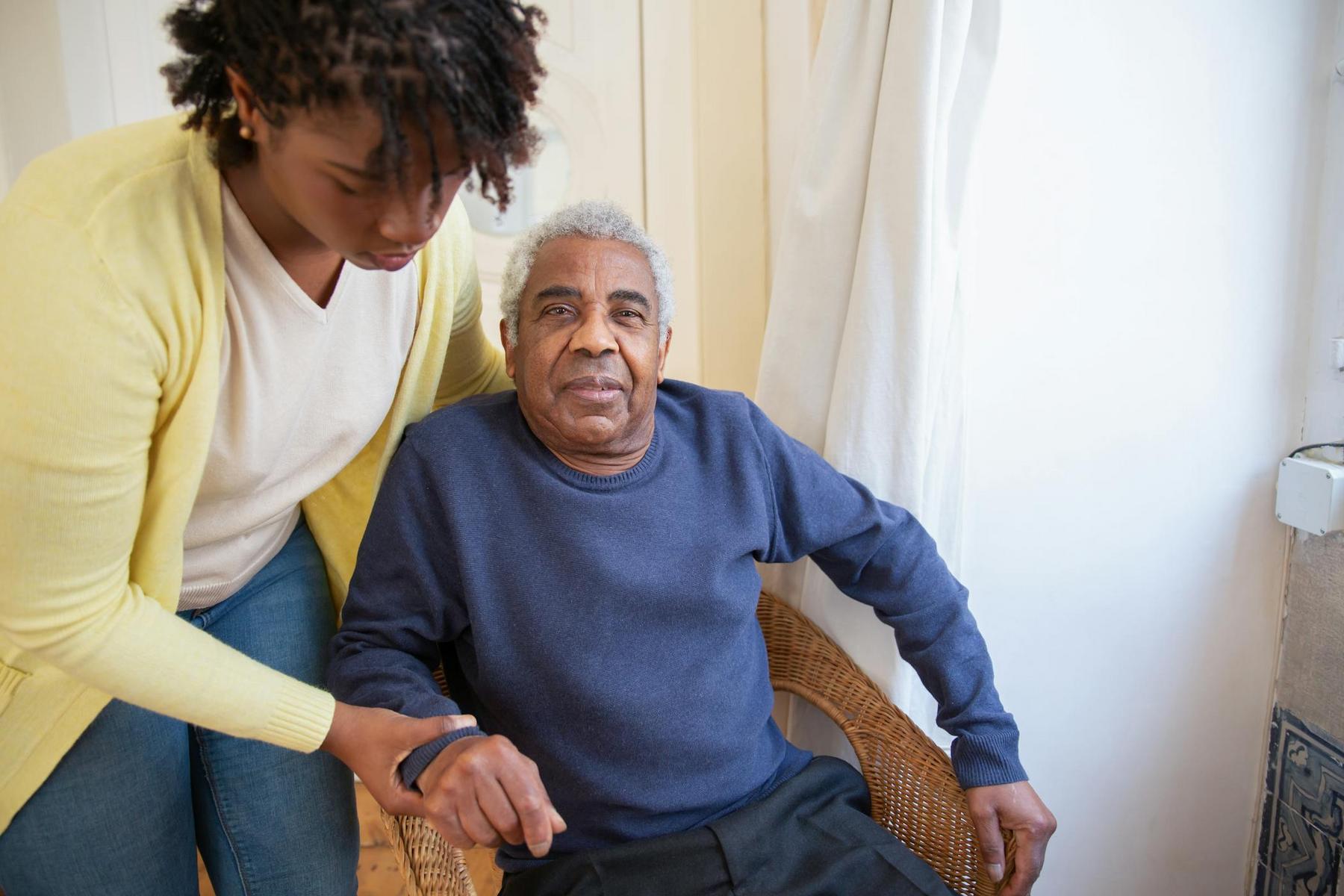Family caregiving is one of life’s most profound acts of love, yet it can also become one of its greatest challenges. When you’re caring for a loved one with a disability, chronic illness, or complex needs, the weight of responsibility can feel overwhelming. The sleepless nights, constant vigilance, and emotional demands can push even the most dedicated family carers to their breaking point. In Cairns and across Far North Queensland, families often find themselves asking a difficult question: “What happens when I simply can’t cope anymore?”
Emergency respite care exists precisely for those moments when immediate relief becomes essential for both the carer’s wellbeing and the continued quality of care for their loved one.
What Are Emergency Respite Care Options and Why Do Families in Cairns Need Them?
Emergency respite care provides a crucial safety net. Unlike planned respite services that are scheduled in advance, emergency respite care offers immediate, short-term support when unexpected challenges arise or when a family carer reaches their limit. The tropical climate and geographical isolation of Far North Queensland, particularly during the wet season, can intensify these challenges by cutting families off from their usual support networks.
This service helps prevent carer burnout and ensures continuity of care. Whether it’s a sudden illness, family emergency, or the cumulative effects of long-term caregiving, emergency respite care is designed to step in immediately with trained professionals—even in the middle of the night or during off-hours.
How Do You Know When It’s Time to Seek Emergency Respite Care?
Recognising the warning signs is essential. Physical exhaustion, such as constant fatigue or trouble sleeping, emotional symptoms like overwhelming anxiety or depression, and changes in the care recipient’s condition all signal the need for additional support. A crisis within the family or the gradual build-up of stress can be the tipping point where professional intervention becomes necessary.
What Types of Emergency Respite Care Services Are Available in Cairns?
The range of services includes:
- In-Home Emergency Respite: Professional carers visit the family home, allowing the care recipient to remain in a familiar environment.
- Centre-Based Emergency Respite: This option offers care in specialised facilities for situations where home-based care isn’t feasible.
- Host Family Respite: Care recipients are placed with trained host families who can offer a supportive, home-like setting.
- Crisis Accommodation Services: For situations involving housing instability or family-wide emergencies, these services provide temporary accommodation and comprehensive support.
Each service model is designed to cater to different needs and durations depending on the situation.
How Can NDIS Participants Access Emergency Respite Care in Queensland?
NDIS participants can draw on their Core Supports funding to access emergency respite care. The process typically begins by contacting current service providers, who may have a list of on-call carers. If additional support is needed, Local Area Coordinators (LACs) or Support Coordinators can help expedite access and, if necessary, assist with plan reviews to secure additional funding. Non-NDIS families have access through the Queensland Carer Gateway program, ensuring that support is available to all who need it.
What Should Families Expect When Arranging Emergency Respite Care?
Arranging emergency respite care involves several key steps:
- Initial Assessment: A phone call to discuss the care recipient’s needs and any potential risks.
- Handover: A brief period for sharing essential information such as medical details, daily routines, and specific requirements.
- Documentation: Maintaining organized records, including medical histories and emergency contacts, to facilitate speedy service delivery.
- Cost Considerations: Costs can vary, especially between NDIS-funded and private-pay arrangements, but reputable providers offer transparent pricing.
How Can Families Prepare for Future Respite Care Needs?
Proactive planning can transform emergency respite from a crisis response to a manageable safety net. Families are encouraged to:
- Establish relationships with respite providers before emergencies occur.
- Create and maintain comprehensive care documentation.
- Plan financially for potential respite needs, including understanding funding options and setting aside emergency funds.
- Build a network of both professional and informal supports.
- Regularly assess personal health and stress levels to act before reaching a crisis point.
Supporting Family Resilience Through Professional Respite Care
At its core, emergency respite care is about more than short-term relief. It builds a foundation for sustainable caregiving by ensuring that family carers can recharge and maintain their wellbeing. With the security of knowing that professional help is available, families can approach caregiving with greater resilience and peace of mind. This not only improves the quality of care provided but also enhances overall family dynamics and long-term outcomes for everyone involved.
How quickly can emergency respite care be arranged in Cairns?
Emergency respite care can typically be arranged within 2-24 hours, depending on the complexity of care needs and current provider availability. Simple in-home support may be available within hours, while specialised care requirements or centre-based placements may take longer to coordinate. Established relationships with providers and complete documentation can help speed up the process.
What’s the difference between crisis respite and planned respite care?
Crisis respite responds to immediate, urgent situations where a carer cannot continue their role due to illness, emergency, or severe burnout. Planned respite is scheduled in advance to provide regular breaks for carers. Crisis respite often has higher hourly rates and limited duration options compared to planned respite, which offers more choice and better pricing.
Can emergency respite care handle complex medical needs or challenging behaviours?
Yes, professional emergency respite providers in Cairns are trained to manage complex medical conditions, administer medications, and address challenging behaviours safely. It is important to share all relevant care requirements during the initial assessment to ensure appropriate carer matching and safety planning.
What happens if I’m not satisfied with emergency respite care during the service?
Reputable providers have escalation procedures to address any concerns immediately. If you’re unsatisfied with the quality or safety of care, you should contact the provider’s management immediately. Providers typically work quickly to resolve issues, including arranging alternative carers if necessary, ensuring you have the right to discontinue services if unresolved.
How much does emergency respite care cost compared to regular respite services?
Emergency respite care typically costs 20-50% more than planned respite services due to the need for an immediate response and the limited availability of carers. NDIS participants can use existing funding, while private-pay families may see hourly rates between $40-80 depending on the complexity of care. Some providers also offer rate structures that become more cost-effective for longer placements.



